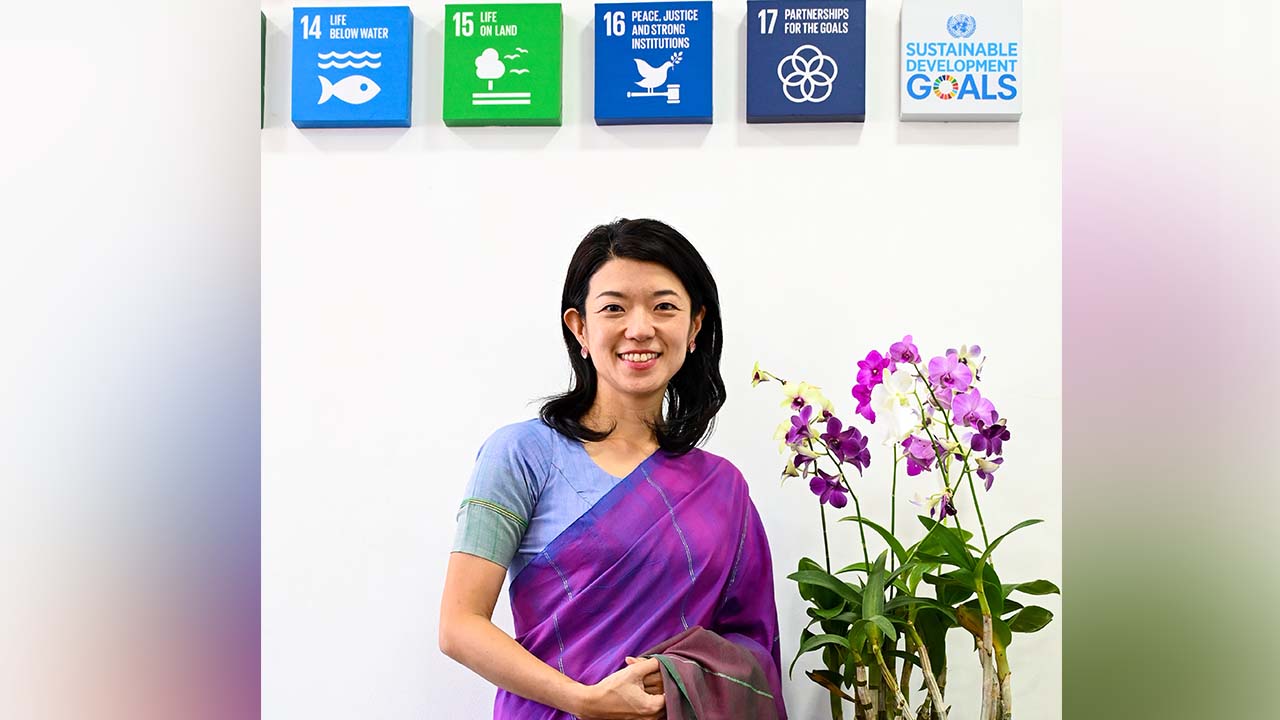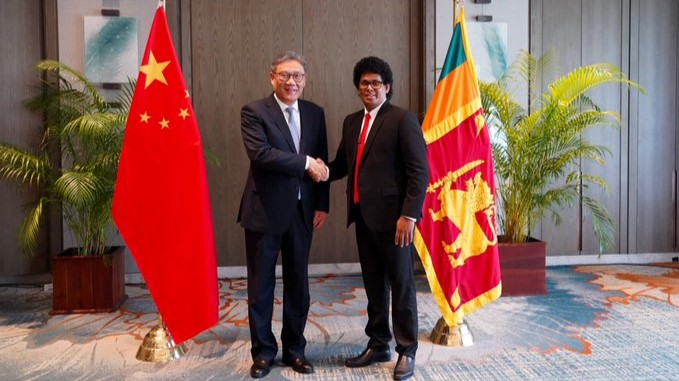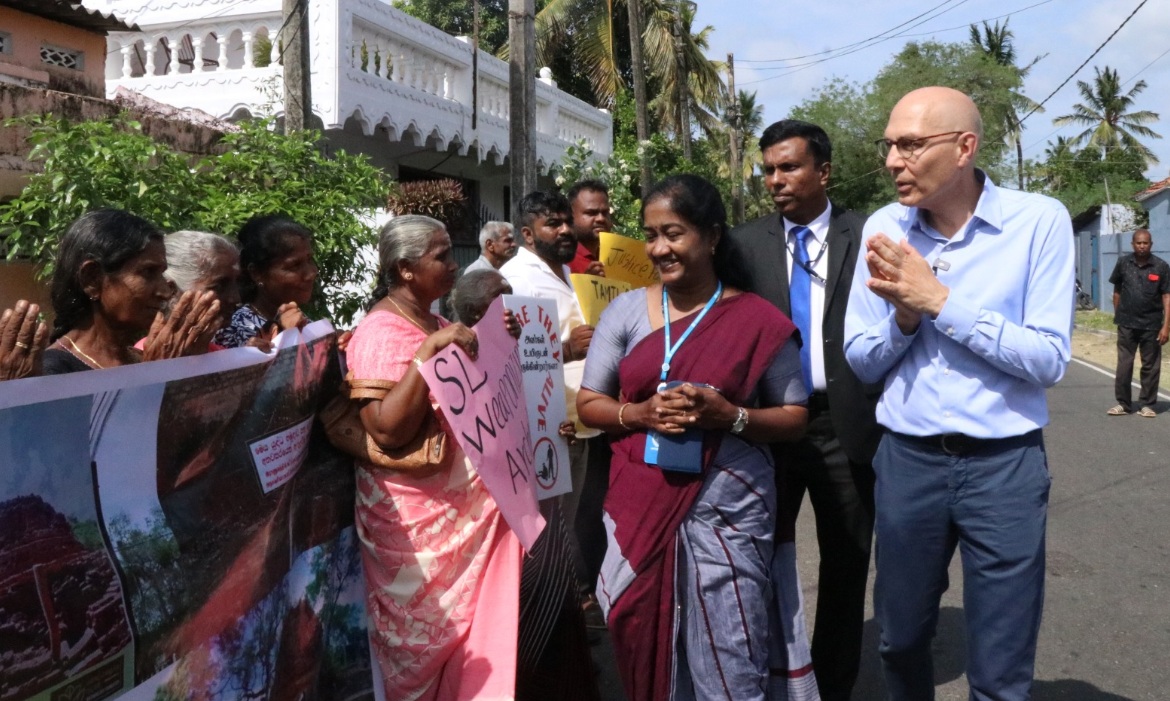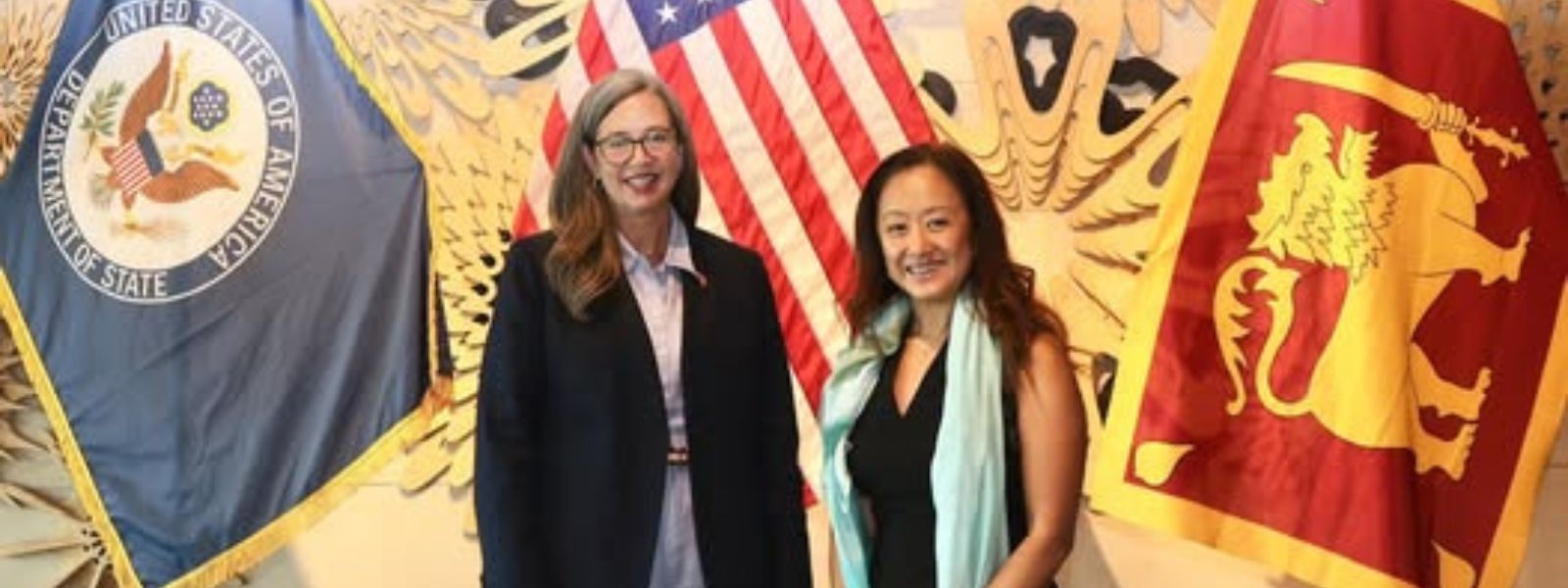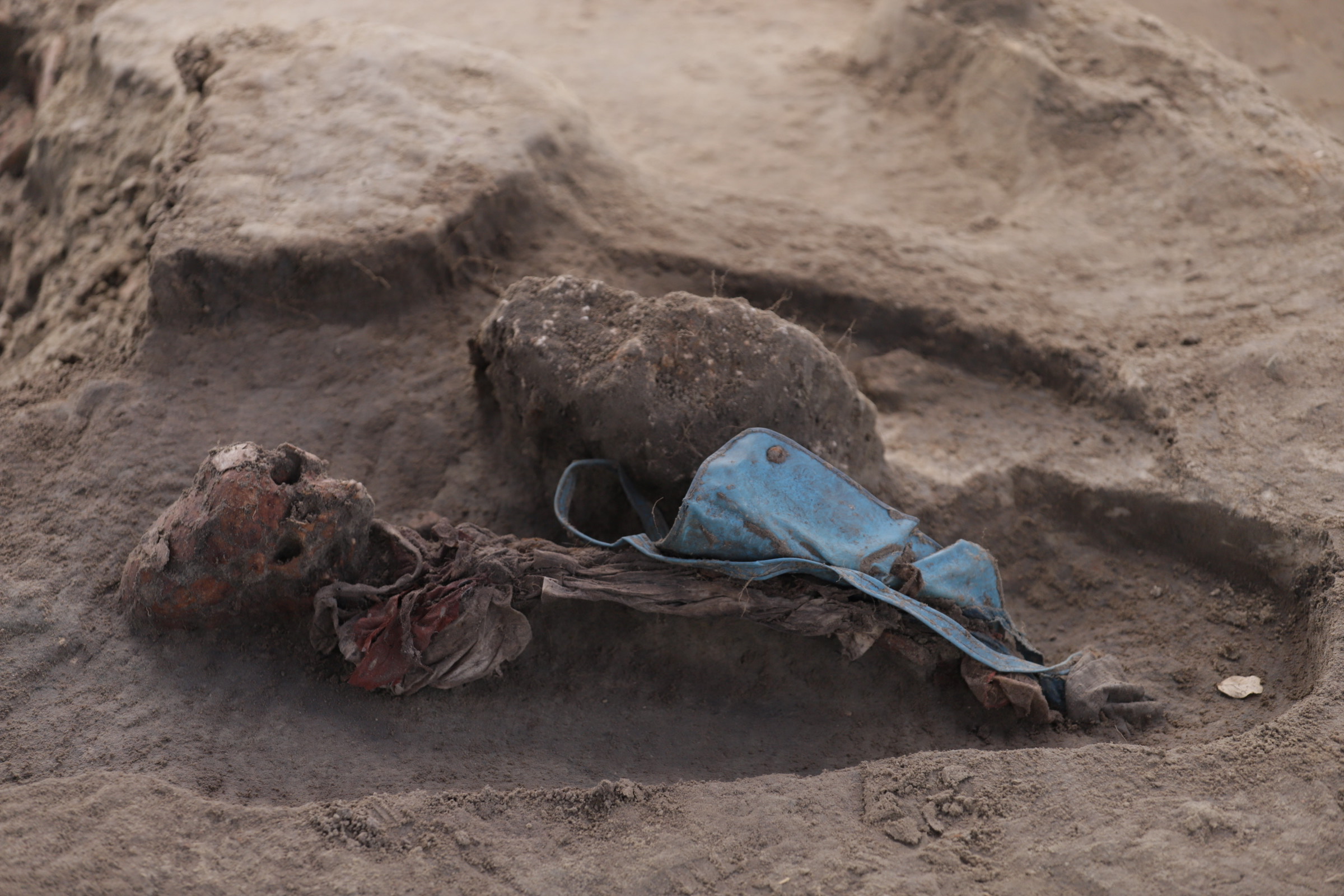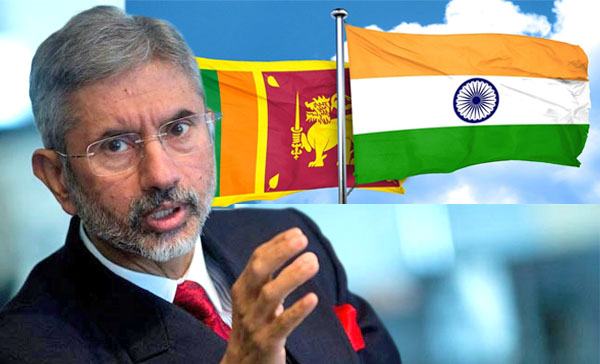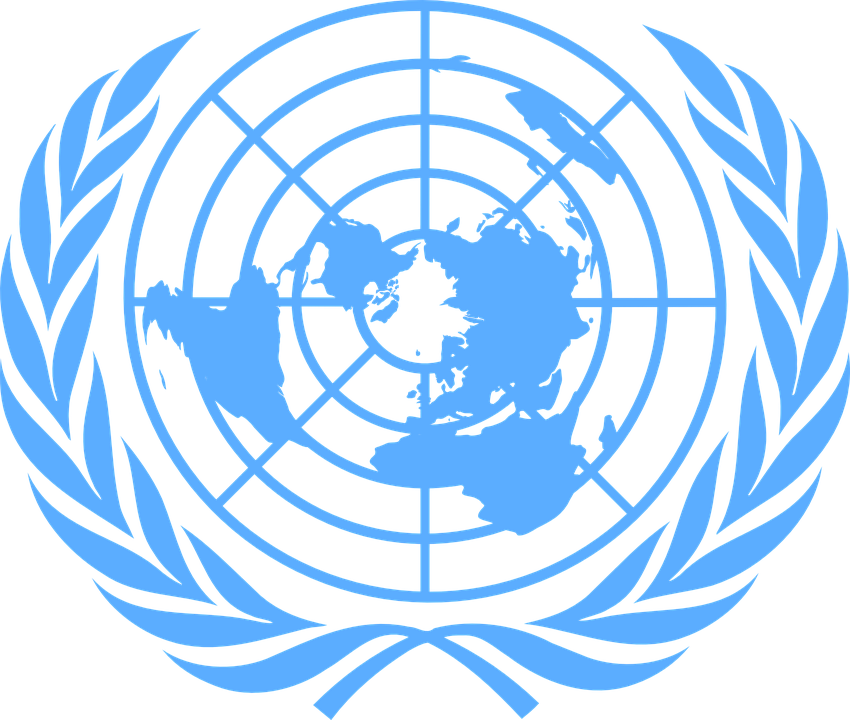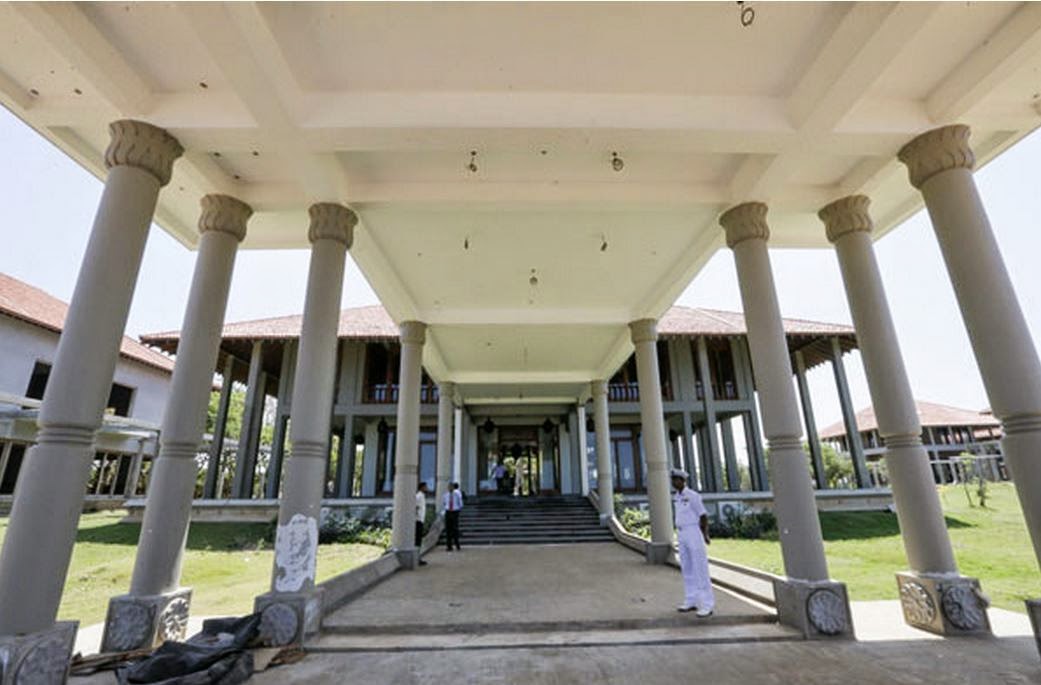Reading between the lines, the visiting UNHRC chief’s Volker Türk’s message was that the Government should take (back) the ownership of the accountability mechanisms — and make it credible and functional. It is a significant departure from the past position of the human rights affiliate of the UN system, which had always insisted on ‘independent investigations’, ever since the UNHRC began passing periodic resolutions and thus strictures over allegations of war-crimes and accountability issues.
It is still anybody’s guess what the visitor had in mind – or, if he, too, wanted Colombo to work with international experts in the matter. But in eastern Trincomalee, he did say that it was for the Government to make things work. What shape his balanced and diplomatically vague observations, in Trincomalee, Jaffna and finally in Colombo, when the Human Rights Council started on a fresh resolution on the matter, after the previous one had run out its three-year term.
Already, the Core Group founded by the US years back and now loosely headed by the UK has come out relatively harsh on Sri Lanka for not doing enough – something that High Commissioner Türk too could be interpreted to have said while in the country. It can be argued that the visitor kept it vague because he did not want to be harsh while on his maiden visit to the country as the UNHRC boss, the first one to visit Sri Lanka after 2016.
The answer for that doubt / question will be known only when Türk’s report on his visit is presented to the Human Rights Council subsequently. It will show if he and his office were with the Sri Lanka and Sri Lankans. Rather, it will show if he and his office were with the Core Group, whose aim and objective was to ‘fix’ (past) Government(s) on war-crimes and accountability issues.
‘Anaiya Vilakku’
Yet, in and on Chemmani in the North, where the High Commissioner visited a grave-site, where court-ordered digging is progressing in instalments, he was forthright. He appreciated the space for ‘memorialisation’ of the dead, which he too implied was not available under previous regimes, post-war. The Chemmani visit was a late addition to his Jaffna itinerary, pressured as he was by human rights groups of the Tamils and those in Colombo.
It was shocking or moving or shockingly moving to see the picture of a mother clutching her infant in one of the dug-up graves. Both were in skeletal form. There were others, too, both adults and children. Definitely, they were not the ‘child soldiers’ of the LTTE, which was a well-known and well-established fact.
It was sad that some miscreants from within the Tamil polity embarrassed the apolitical organisers of a three-day memorial lamp-rites at the Chemmani site through their antics. In Tamil, it reads as ‘Anaiya Vilakku’ protest.
It is also true that despite the hype and social media publicity given to the hurriedly-organised memorial, aimed at attracting the UNHRC chief’s attention, it did not draw as much crowds as should have been the case. It would have been the case in a bygone era, but not anymore. The new-generation Tamil youth have been repeatedly demonstrating in every anti-government protest organised by their much-divided political leaders, and the so-called civil society.
Yet, on the Chemmani finds, High Commissioner Türk said that it needed renowned forensic experts to dig deeper into the past events (to fix accountability?). There was no clarity if like the Tamil victims of the war, he too believed prima facie that the armed forces had brutally killed and buried those innocent infants and children, along with their mothers, parents and others.
In Colombo later, he shared his experience with a mother in the South, who reportedly said that she was still searching for her dear ones since the eighties – and that she could identify with those similarly placed people in the Tamil areas.
Was the High Commissioner too alluding to Sinhala victims of the ‘Second JVP insurgency’? Whether or not, he did not explain if the missing person was a JVP cadre, possibly done to death by the armed forces along with an estimated 60,000-plus Sinhala-Buddhist youth – or, to a victim of JVP’s violence of the time.
Tanzanian definition
Yet, the High Commissioner’s Sri Lanka visit was not without positive outcomes. In meetings with government leaders, which included President Anura Kumara Dissanayake, Prime Minister Harini Amarasuriya and Foreign Minister Vijitha Herath, the High Commissioner was given an assurance about the inevitability of scrapping the controversial Prevention of Terrorism Act (PTA).
Previous governments had done it too, but under a new regime that had no association with the politico-administrative past, it sounded more credible and reliable. Simultaneously, of course, the government was discussing a new PTA with UN experts. Reports said that the Tanzanian definition of ‘terrorism’ was under consideration.
At a time when the UN, too, is grappling with a definitive definition for the term, in Tanzania, terrorism is defined as acts intended to seriously intimidate a population, unduly compel a government or international organization, or destabilize fundamental political, constitutional, economic, or social structures. These acts can involve violence against persons, damage to property, endangering life, or creating serious public health or safety risks. A 2002 PTA in Tanzania also gives a broad list of examples.
Creature of the West
As an institution, the UNHRC is a creature and creation of the ‘international community’ (read: West), not just to fix rights-offending member-States. It was also a tool for them to circumvent the UN Security Council, where again the five permanent members with veto-power cast their lot, not on matters of facts but of international politics, as evolving at the time. The UNHRC fitted their bill, fine.
Hence, from the very appointment of a High Commissioner for Human Rights, resolutions and everything else concerning the UNHRC are part of international politics, in the name of international human rights. The result is there for everyone to see. The Sinhala side and the Sri Lankan State feels the pinch and the pressure. The Tamil victims, despite the decade-plus involvement of the UNHRC, have not seen the promised ‘closure’ anywhere near them than would have been without the UNHRC.
Thus, motives would have been read into High Commissioner Türk not giving time to meet army veterans who wanted to complain against what they considered as the unjustified ‘sanctions’ imposed by the US, the UK and a few other nations on their colleagues from the past. It is anybody’s guess what the UNHRC could do to interfere with individual decisions of sovereign governments – or, if it ever wanted to address that side of the nation’s violent past.
They have been arguing that during the time these ‘sanctioned’ commanders (and political leaders) were charged with committing ‘war crimes’ and worse, the dreaded LTTE had branch offices in their cities. As they have been recalling at every turn, the LTTE was also using these branches also for coordinating terrorist acts and battles, back home in the Tamil North and East.
Yet, Türk did not visit the Mullivaikkal venue of the end-game of the ethnic war, as some Diaspora Tamil groups had urged him. Reports claimed that the government had no problems if he visited even the very site where the armed forces shot and killed LTTE leader Velupillai Prbhakaran.
If so, it’s saying a lot about the de-politicisation of accountability issues under the JVP-NPP regime – as they at least would want the world to see it. Or, is it politicisation of another kind? Whatever that be, this government, like those before it, cannot be seen as sacrificing the personal safety and security of individual veterans at the altar of political expediency of a different kind.
It is heartening to note that there are still sane voices that keep cautioning the Government against ‘triumphalism’ from the war era. Those like veteran politician Milinda Moragoda need to do more to be seen, heard and acted upon. Others of the ilk need to convince the Sri Lankan State that they are not ‘stooges of the West’ – which tag they are unable to get rid of, not that they have tried hard or hard enough.
Pound of flesh
It is one thing for the Government to work for another ‘consensus resolution’ at the UNHRC this time, like the reformist ‘Yahapalanaya’ regime did after assuming office – after defeating incumbent war-victorious President, Mahinda Rajapaksa in 2015. If the Core Group proposes it, or concedes it, it could ease the international situation for this Government, as the nation is still dependent on the IMF doles for sustenance. Or, that is the perception.
But it is not the same as the Government getting to be seen as exposing war veterans to the waiting ranks of international investigators, who are queuing up for their own pound of flesh. The upcoming UNHRC session, thus, promises to be as easy as it can be for the present Government. It can also be as difficult as it was for past Governments – at least occasionally.
But then, they all remembered that at the end of the day, they had to come back home to face successive elections, to be able to retain power for another term. In that milieu, international human rights law and best practices do not. Instilling a sense of safety, yes, in the minds of those who had fought a long war, matters the most.
It is another matter that the idea of ‘inclusivity’ in terms of victimisation and victimhood attaching to the Tamil victims of the ethnic war has penetrated through the echelons of Government leadership, both political and bureaucratic, to the last man. That has not happened earlier. Will it happen under the new regime? Will the current leadership take meaningful initiatives in the matter?
It’s so even more, considering that the UNHRC’s unending probe has gone beyond war crimes and accountability issues. Through previous resolutions, it has become a ‘rolling probe’, where everyday occurrences that have an element of rights violation in it, have come to be added to the UNHRC’s ground-level investigation. Such add-ons go beyond the ethnic war and Tamil victims.
Where is it heading? When will it end? That’s the question.
(The writer is a Chennai-based Policy Analyst and Political Commentator. Email: sathiyam54@nsathiyamoorthy.com)


